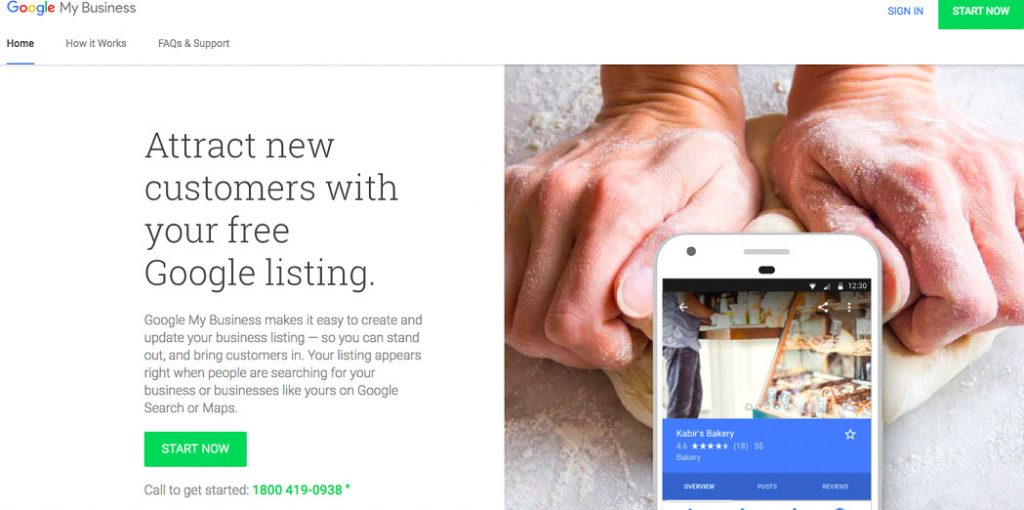Search Engine Optimization Statistics
There is no denying that the Internet is one of mankind’s best inventions. But every good thing has drawbacks. The same is true of the Internet. Although it offers numerous advantages, it can make or break a company’s reputation.
Individuals look for all kinds of information online, including details about your business. For instance, if you own an Italian restaurant, people are going to search for the “best Italian restaurants near me,” including directly googling your business name. So, you must strategically work toward getting your business to appear at the top of the search results.
Search Engine Market Share

From 2013 to 2025, Google consistently led the market share for desktop search engines, averaging 88%. On the other hand, Bing also saw an increase in desktop search engine market share, peaking at 8.61% in 2023.
Other search engines, such as DuckDuckGo and Yandex, also grew, reaching 0.72% and 1.87%, respectively.
According to a recent study, Google is still leading the desktop search engine market share with 85% of the total search volume.
Click-through Rates
The website that ranks #1 on Google gets approximately 27.6% of all clicks. So, if you can get your website to rank at the top of the search engine results, you will be able to generate good profits for your business.
Also, only 5% of users click on the second page of Google. This means that if you are unable to put your website on the first page of the relevant search results, you are missing out on many business opportunities.
Consumers Trust Online Search Engines
According to the Edelman Trust Barometer, 63% of consumers trust online search engines the most when researching a brand or business. Traditional media ranked second on the list, with 59% of consumers trusting the source.
This shows that trust in media has declined, with more and more people becoming aware of paid ads and news. This skepticism, particularly in social media, is high due to various factors, including:
- Economic anxiety
- Mass class divide
- Economic imbalances
- The battle for truth
Correlation Between Ranking and Online Traffic

A page that ranks #1 on Google gets around 31.7% of the total organic traffic. This is a highly competitive age, and if you are not #1 on the Search Engine Results Page (SERP), you will not have enough organic traffic exploring your website. Your website must show up for the relevant keywords on search engines. Otherwise, you will miss out on valuable business.
Research shows that traffic dwindles with the decrease in search engine ranking, and the page that ranks at the tenth position only gets 3% of organic traffic.
The first result gets 10x higher traffic than the one that is in the tenth position. So, even a slight difference in your ranking can lead to you losing several opportunities.
The Way People Search for Products Has Changed
Informational keywords have risen in popularity, leaving behind transactional keywords. Now, you may ask, what are informational and transactional keywords? Transactional keywords are keywords that focus on purchase, while informational keywords focus on finding valuable information and details about a business or product.
Search queries that look for the “best of a particular product” have increased by 125% in the past two years. Hence, your content marketing strategy must focus on more informational content rather than transactional content.
Link Building and High-quality Content Is Seen Under Top Ranking Criteria
Google prioritizes effective link-building and high-quality content as the top criteria for ranking on SERPs.
So, what is high-quality content? Such content engages the audience, provides information through storytelling techniques, and inspires readers to take action. So, just taking care of the technical aspects of search engine optimization will not get you results. You have to think beyond this and focus on creating content your audience would love to read.
Marketers View Content as the Most Valuable Part of Their Business
From the above discussion, we can gauge that content is the most valuable resource for any business. In fact, 81% of marketers believe it is the core component.
Marketers have gradually started acknowledging that content should not solely aim to sell a product to users. It must focus on effective storytelling and creating a relationship with the target audience based on trust and credibility.
Consumers Trust Google
Although studies show that consumer trust in various social media platforms is constantly declining, trust in Google is at an all-time high. So, your reputation on Google matters a lot.
A feature that impacts your online reputation on Google is the “autocomplete feature.” For instance, you want to learn about a particular brand. However, once you write the brand name in the search bar, you see a list of suggested keywords that lead to a negative new piece of information.

An autocomplete feature that suggests negative content is bad for your online reputation. This changes people’s perception of a particular individual or brand.























